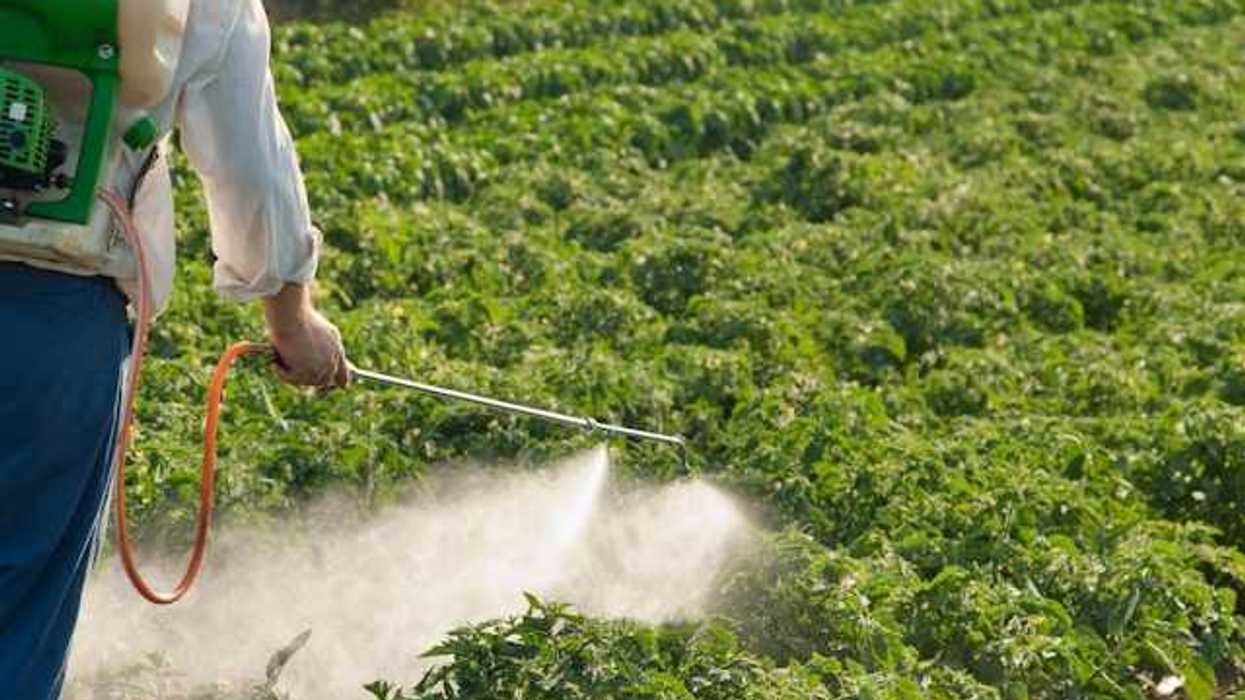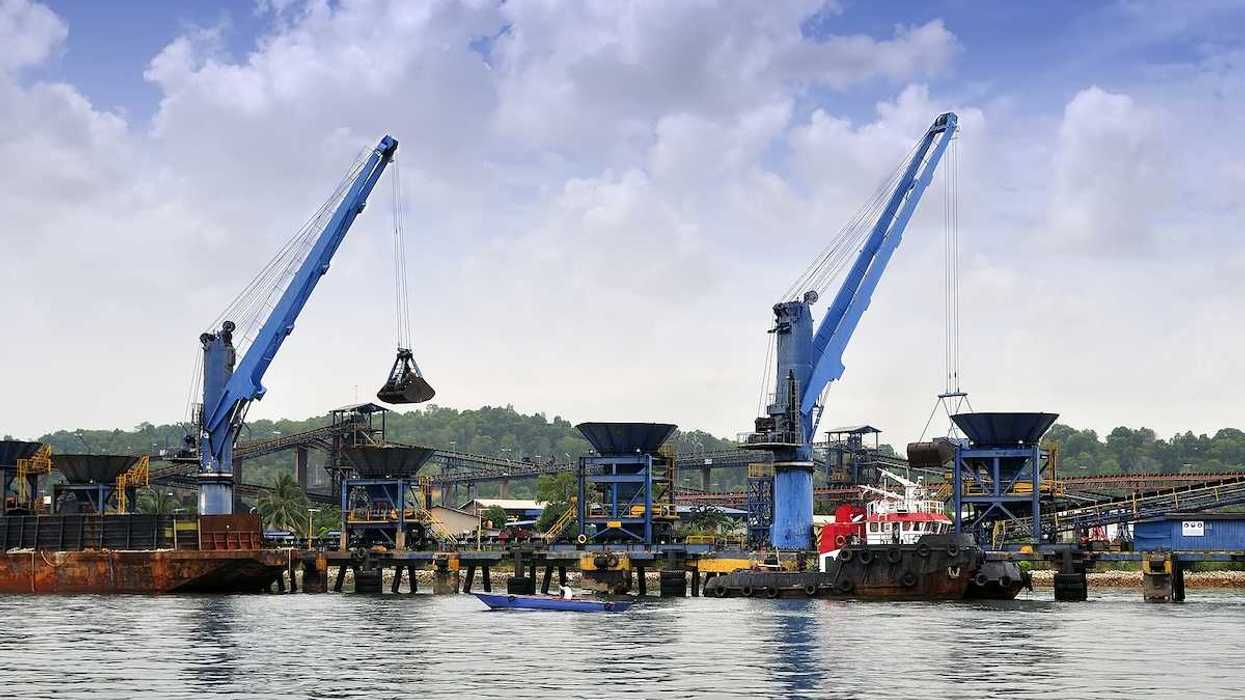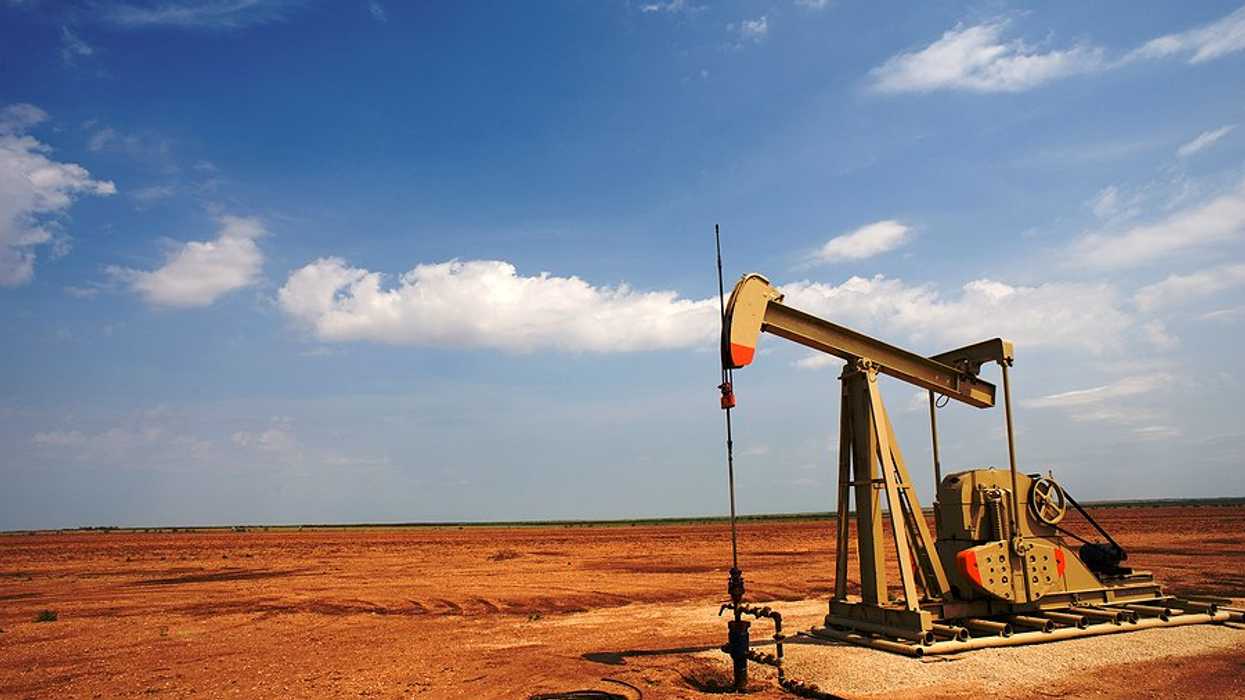In short:
- While previous studies have mainly focused on just one element of artificial turf - crumb rubber infill - this study links multiple other turf components to health impacts.
- Both new and weathered turf were found to affect steroid and thyroid receptors.
- The chemicals that leach from turf change considerably as turf weathers - also changing their biological effects.
Key quote:
“This study suggests that extracts from multiple turf components could produce in vitro toxicity, and buttresses the need for future, comprehensive studies on turf-associated chemical exposures and toxicity.”
Why this matters:
Artificial turf is made of a chemically complex set of materials that release a range of toxics, including volatile organic compounds (VOCs), phthalates, bisphenols, microplastics, metals and more. Although many of these are known endocrine disrupting chemicals, little work has been done to characterize the health effects of most turf components, meaning more research is needed to better understand the potential hazards of exposure to artificial turf.
Related EHN coverage:
- Hidden gotcha in artificial turf installations
- PFAS found on children’s skin after playing on turf fields
- Artificial turf dispute escalates in suburban community
More resources:
- Toxics Use Reduction Institute (TURI): Artificial Playing Fields
- WATCH: Artificial Turf: Research on Plastic Pollution, PFAS, and Health Concerns webinar on Sept. 18th, 2024 hosted by Collaborative for Health and Environment (CHE)
Siegel, Kyle et al. for Environmental Toxicology and Pharmacology. Sept. 6, 2024
- Scientists call on countries to follow EU in banning microplastics in artificial turf and other products ›
- ‘Forever Fields’: How Pennsylvania became a dumping ground for discarded artificial turf ›
- Is there a real risk in artificial turf fields? ›
- New CA law allows bans on synthetic turf as PFAS worries grow ›

















